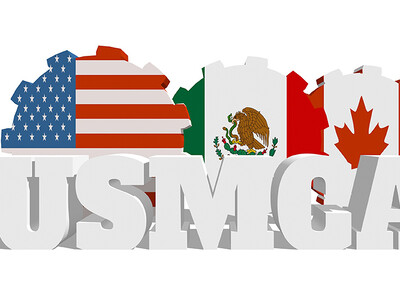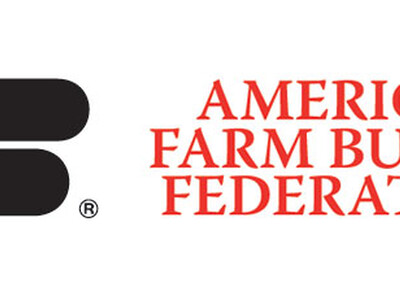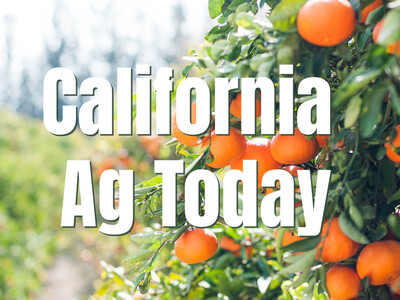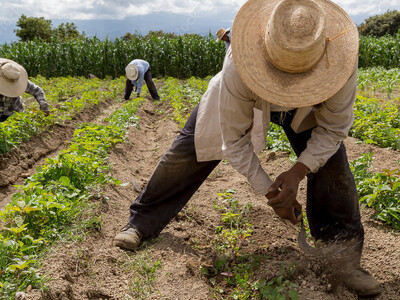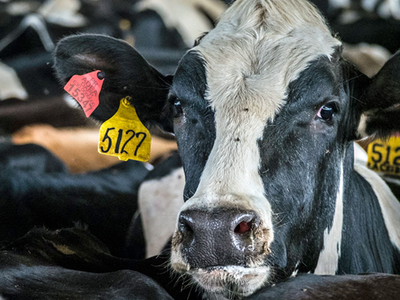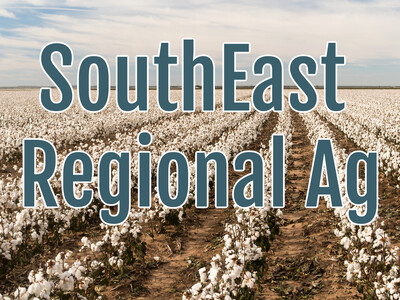Clean Water Act Jurisdiction
Clean Water Act JurisdictionI'm Lacy Gray with Washington Ag Today.
At a recent U.S. House of Representatives Committee on Small Business hearing titled "Will EPA's 'Waters of the United States' Rule Drown Small Businesses?" Yakima cattle rancher Jack Field testified on the impacts of the EPA and U.S. Army Corps of Engineers' proposed expanded definition of "waters of the United States".
FIELD: I own or manage 120 head of cattle, which is about the average number of cattle for a rancher in the U.S., which means the average producer falls under what the law considers a small business. My cattle drink from tanks which I pump from a stream so I can protect potential bull trout habitat. They also water from irrigation ditches, ponds, creeks, seeps and puddles that they find. It is important to me and my operation to have clean water.
Field stressed to the committee that the nation's cattle industry prides itself on being good stewards of our country's natural resources - "maintaining open spaces, healthy rangelands, and providing wildlife habitat".
FIELD: To provide these important functions cattlemen must be able to operate without excessive federal burdens. As a producer and the head of a state association I can tell you after reading this proposal it has a potential to negatively impact every aspect of my operation by dictating land use activities in Washington state from 2600 miles away.
Field testified that the proposal is unclear, with undefined terms and phrases throughout.
FIELD: The proposal would include ditches as waters of the U.S., if a regulator can distinguish a bed, a bank, and ordinary high water mark. The proposal would also make everything within a floodplain and a riparian area a federal water by considering them "adjacent waters". The result could be to eliminate the use of my entire summer pasture, which is located wholly in a floodplain.
That's Washington Ag Today.
I'm Lacy Gray on the Ag Information Network.







